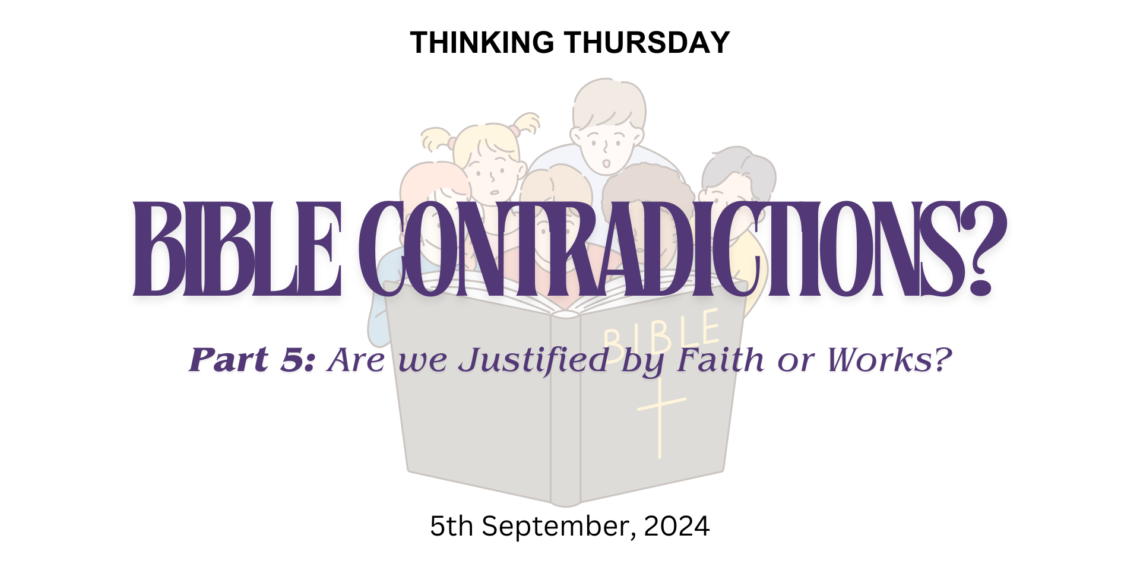Jeremiah 18:7-10 At what instant I shall speak concerning a nation, and concerning a kingdom, to pluck up and to break down and to destroy it; if that nation, concerning which I have spoken, turn from their evil, I will repent of the evil that I thought to do unto them. And at what instant I shall speak concerning a nation, and concerning a kingdom, to build and to plant it; if they do that which is evil in my sight, that they obey not my voice, then I will repent of the good, wherewith I said I would benefit them.
Numbers 23:19 God is not a man, that He should lie, nor a son of man, that He should repent. Has He said, and will He not do? Or has He spoken, and will He not make it good?
Does the Lord repent, or not? How does that happen?
READ ALSO: CHURCH DISCIPLINE (PART 1)
THE MEANING:
REPENT
H5162
nâcham
BDB Definition:
Part of Speech: verb
1) to be sorry, console oneself, repent, regret, comfort, be comforted
2) to be moved to pity, have compassion etc
We are familiar with the use of the word – repent – in relation to humans. So, it may be surprising for some to read that God repents. However, when some Bible translations say that God “repents”, it is using a familiar term to describe God’s actions within the human context.
Repentance may be positive or negative depending on the circumstance. In Exodus 32:14, God “repented” from sending punishment on the people (He was moved to pity, had compassion, and reconsidered the judgement) because Moses pleaded with Him and repented on behalf of the Israelites. Across Scripture, we see God’s nature as One who is slow to anger, relents from doing harm, and instead shows favour to the repentant (Joel 2:13 & Jeremiah 26:13). He was also sorry and regretted that He had made man on the earth because all man’s thoughts were evil (Genesis 6:5-6). So, we can say that in the context of man’s limited authority: Man’s repentance from sin often leads to God’s ‘repentance’ from judgement and man’s unrepentant sinfulness leads to God’s judgement.
READ NEXT: BIBLE CONTRADICTIONS (PART 6)
ON A SOVEREIGN ETERNAL PERSPECTIVE FROM THE BIBLE
On a sovereign eternal perspective, however, God never really changes His mind, neither does He lie, as stated in Numbers 23:19. This means that God does not change His overall counsel or purposes, as men change theirs. His plans for people may be delayed or changed based on their present actions, but His grand will for them does not change. He won’t make a promise that He doesn’t intend to keep, neither will He shy away from fulfilling His words that He has spoken. He can fulfil it to whoever qualifies down the road, but He will do as He stated. There is no variableness nor shadow of turning in His mind. He never forgets His word, He is true and faithful; and therefore whatever has gone out of His lips will never be altered, but will be most certainly fulfilled (See 1 Sam 15:29, Psalm 89:34, Isaiah 14:24, Isaiah 40:8, Matthew 24:35, 2 Tim 2:13, James 1:17).
God always knows what He will do and what you will do – today, tomorrow, ten years, or a millennium from now. He never gets caught by surprise and, as such, never truly changes His mind since He doesn’t need new information. However, as He interacts with us, humans, He does so in real time – one day at a time. This means that God doesn’t respond to us today based on sins that we might commit in the future. If we are living in obedience now, God treats us accordingly, even if He knows we may sin later. Since we cannot determine how God’s sovereign will will play out, our job is to use our limited authority to strive and obey His word and we will find ourselves on the right side of His will. His repentance is, therefore, complementary not contradictory.
Have you ever thought about arranged marriages? They seem very scary, right? But let’s see what you think after watching this episode!










